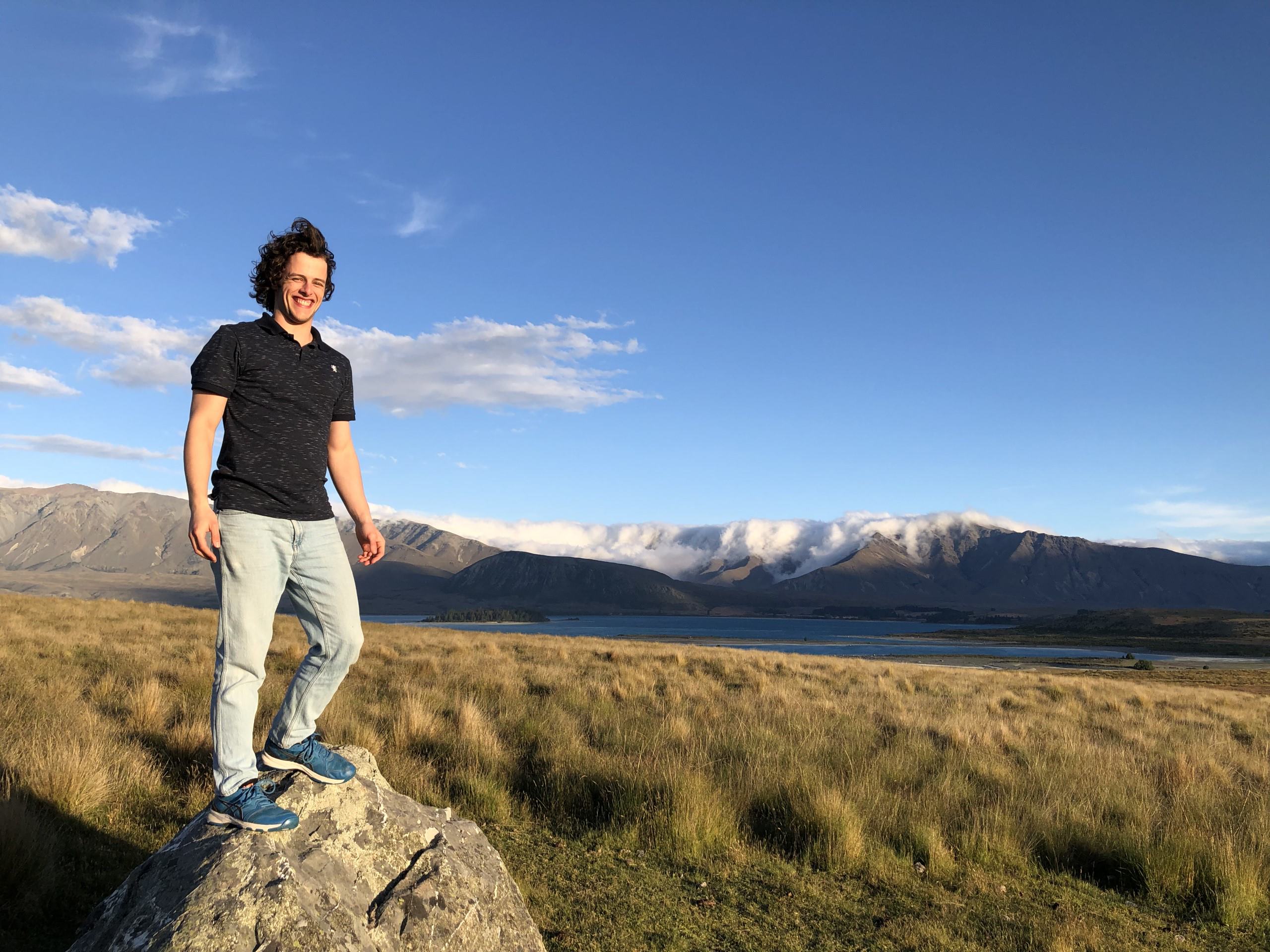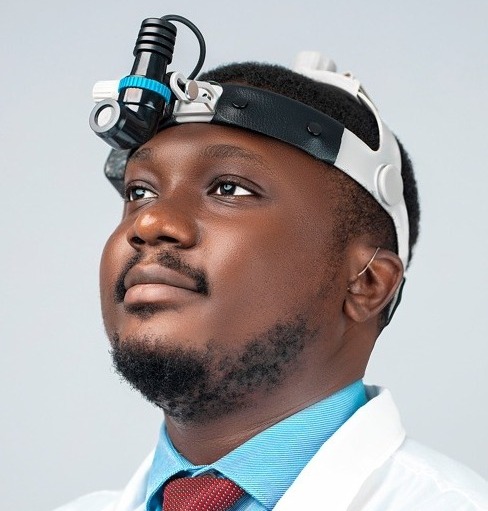
Researchers discover link between hearing loss and dementia
January 15, 2021
What not to say to someone with hearing loss
January 20, 2021An interview with a signing NYPD officer

Police departments around the world could learn from the New York City Police Department when it comes to inclusivity. The NYPD is putting American Sign Language (ASL) signers on the streets. Angel Familia is one NYPD officer using sign language.
Police Officer and CODA Whose First Language is ASL
NYPD officer and CODA Angel Familia is a recent graduate who is now working at the 19th Precinct. Both his parents are deaf. He learned ASL as his first language. Officer Familia will go down in the city’s history as the first New York City police officer whose first language is ASL. Spoken English is his second language, though he is a perfectly fluent speaker.
Interview with signing Police Officer and CODA, Angel Familia
Growing up with hearing loss
HLM: What was your childhood like growing up as a child of Deaf parents?
Officer Familia: During my childhood, I had already felt the need to take on responsibility and mature quickly. Imagine performing as an ASL interpreter at the age of 10. My parents would take me to every appointment, errand, anything you can think of, I was present. When a hearing person would question my parents, they would turn to me and say, “What did they say?” This was a frequent occurrence in which I began to normalize the situation.
HLM: What was home life like for you? Would you say you had a good, balanced childhood?
Officer Familia: Coming from a very low-income family, I lived in a one bedroom apartment with three other siblings. There were strenuous moments, but the compacted space did strengthen our family relationships.
HLM: How did you do in school?
Officer Familia: I remember attending mainstream school as a pre-kindergarten student, walking into class filled with hearing students; it was a culture shock. I was an introverted student because I was acclimated to my Deaf Culture at home. Being quiet and expressing with my hands and face was typical for me. Eventually I was considered an ESL student and was meeting a speech pathologist throughout grade school.
“I was an introverted student because I was acclimated to my Deaf Culture at home.”
HLM: Did you or your parents find parent teacher meetings difficult? Did this have an impact on your own learning and relationship with teachers and other staff?
Officer Familia: I remember my parents communicating with the teachers through writing. Eventually once my speech had improved, I was able to facilitate communication between my parents and teachers. I also attended all three of my siblings’ parent teacher conferences performing as an interpreter.
Read more: What it is like being a hearing child of deaf parents?
HLM: As an adult, how is your relationship with your parents today? What do they think of your work using ASL?
Officer Familia: My relationship with my parents is very meaningful. They are proud of me. My parents are thrilled to witness their son utilize a language they have taught me. My father has always wanted me to become a New York City police officer.
HLM: In high school/college did you associate with any deaf students because of your understanding of the community?
Officer Familia: I attended the Borough of Manhattan Community College and enrolled myself in Deaf Culture courses as an elective. I associated myself with certified deaf interpreters and deaf students and graduated with an Associate Degree in Criminal Justice. I gained interest in the ASL interpreter field and decided to enroll myself into the American English Interpretation Program (AEIP) at LaGuardia Community College. That is where I studied the academics of Deaf Culture and American Sign Language structural grammar in the educational field. I later decided I could better utilize my interpersonal communication skills as a police officer to serve the New York City deaf community.
An NYPD officer using sign language
HLM: What made you choose becoming a police officer as a career? Were you inspired by anyone or anything?
Officer Familia: I always wanted to become a New York City Police Officer. However, coming from a high crime community and low-income household, I never believed I could accomplish that goal. While in high school, I was able to meet New York City Police Department Executive Director Alden Foster, who is assigned to the Community Affairs Bureau. Director Foster was able to take me under his wing and introduce me to the many opportunities the NYPD has to offer.
Read more: Interacting with masked police officers when you’re deaf
HLM: As a police officer working with the public, do you feel obliged to highlight deaf issues, or is this a personal choice for you?
Officer Familia: As a police officer, I serve and protect all people. In terms of dealing with the deaf community, I am a CODA. I have experienced Deaf Culture and it allows me to bridge the gap.
“I have experienced Deaf Culture and it allows me to bridge the gap.”
Working with the D/deaf community
HLM: What was the initial reaction to this new police initiative from the deaf community? Has that changed over time?
Officer Familia: The New York City Police Department has a lot of different initiatives and programs to engage the community. The NYPD has many police officers who are sign language interpreters.
HLM: Working as you do within the Deaf community, would you recommend this to other CODA men and women?
Officer Familia: I encourage any CODA men and women to join the New York City Police Department. The NYPD is the most diverse police department in the world. The department is always looking to bridge the gap with all communities.



